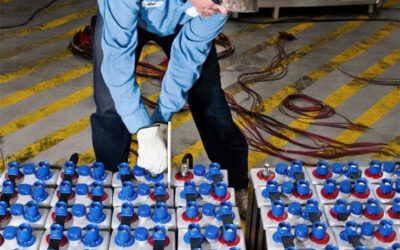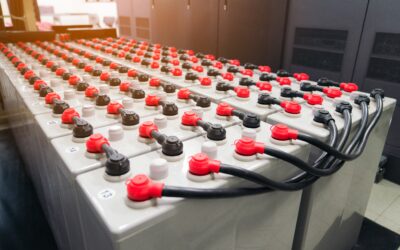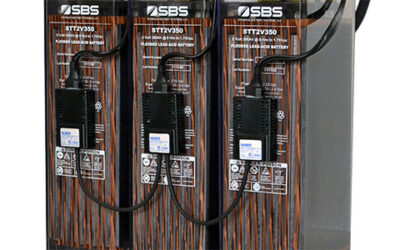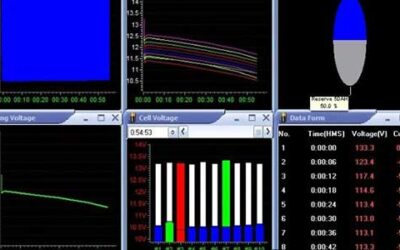
BMS Confusion: Understanding the Difference Between Battery Monitoring Systems and Battery Management Systems
In the world of stored energy, three letters cause a lot of confusion: BMS. Ask ten people what BMS stands for, and you might get ten different...
Industry
Insights
Filter
BMS Confusion: Understanding the Difference Between Battery Monitoring Systems and Battery Management Systems
In the world of stored energy, three letters cause a lot of confusion: BMS. Ask ten people what BMS stands for, and you might get ten different answers. The confusion is understandable—BMS can refer to Battery Monitoring Systems or Battery Management Systems—two...
Kristi Longshore: Championing Data Center Careers for the Next Generation
With over 20 years of experience in the critical backup power industry, Kristi Longshore has built an impressive career. As Vice President of the Data Center Division at Exponential Power, she is not only driving business growth but is also passionately advocating for...
Edge Computing’s Transformation of Backup Power Strategies
Edge computing is transforming IT operations by shifting data processing closer to data generation points. Instead of sending every bit of raw data to centralized data centers, edge computing leverages smaller, localized servers—known as edge nodes—that process data...
Customer-Centric Leadership: Ted Kozikowski Reflects on Six Months as CEO of Exponential Power
In his first six months as CEO of Exponential Power, Ted Kozikowski has championed a customer-centric approach, redefining the company’s mission to deliver unparalleled energy storage solutions. Under his leadership, Exponential Power is fostering a unified culture...
Inside the Race to Power AI’s Energy-Hungry Revolution
The Rise of AI is Straining Data Center Power Systems We’re all familiar with how artificial intelligence is reshaping the current and future technology landscape. At Exponential Power, we’re particularly attuned to the challenges AI is posing to data centers, many...
Best Practices for Maintaining Data Center Uptime
Data centers are the backbone of modern digital infrastructure. Ensuring uninterrupted service during power disruptions requires proactive planning and robust systems. Backup battery systems are central to this effort, providing a critical bridge between utility power...
Year-End Preventative Maintenance
Year-end preventative maintenance plays a key role in maintaining reliable backup power systems across industries like data centers, telecommunications, manufacturing, industrial facilities, and motive power applications. These industries rely on uninterrupted power...
The Importance of Battery Systems in Modern Life: Lead-Acid, Nickel-Cadmium, and the Rise of Lithium-Ion
Batteries play an integral role in the systems that power the world around us. From keeping communication networks running to providing essential backup power in critical infrastructure, they ensure that power is available when it's needed most. Among the most common...
EquaLink Battery Management System
Product News Release – Announcing New Battery Management System
The EquaLink Battery Management System (BMS), delivers a complete and comprehensive diagnostic and monitoring solution for critical battery maintenance programs and required NERC / IEEE reporting.
Menomonee Falls, Wisconsin, February 5, 2016 – SBS Testing and Monitoring, a division of Storage Battery Systems, LLC (SBS), an industry leader in battery testing equipment and Power Solutions™, is pleased to announce the release of their new EquaLink Battery Management and Monitoring System.
5 Common Mistakes in Battery System Capacity Testing
IEEE and NERC both require battery capacity testing as a means of predicting a battery system’s ability to perform when called upon during a loss of AC power, for acceptance of new installations, and in determination of end of life criteria for system replacement. While NERC is very vague and just states that “Capacity testing must be done at said interval”, IEEE 450, 1106 and 1188 have clearly defined frequencies, prerequisites and instructions on how these tests should be conducted.
From results that are submitted to us for warranty consideration or review, a group of common errors have come to light. Below are the top 5 most common mistakes that are seen in capacity testing.










